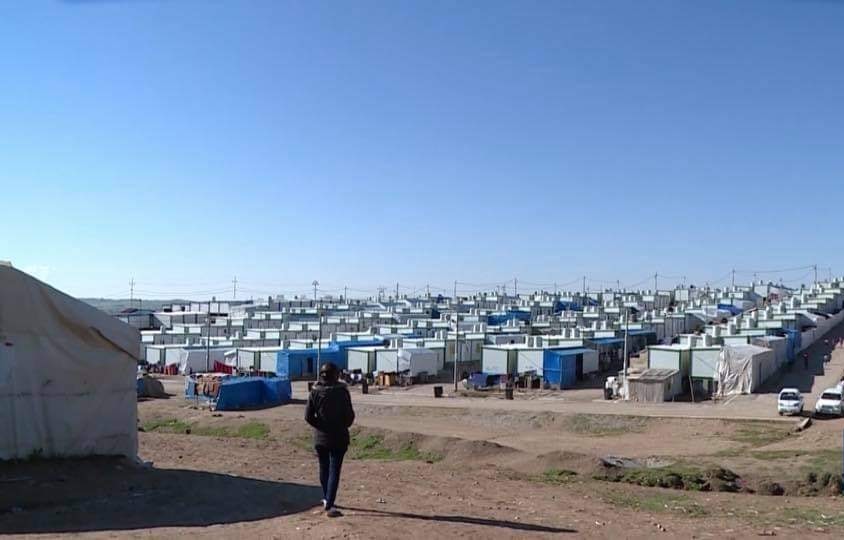Sema
For the past three months, the families displaced from Sinjar have waited in vain for the promised financial assistance of four million dinars from the Iraqi Ministry of Migration and Displacement. Yazidi activist Faisal Ali shared his deep concern and heartbreak, saying that many displaced people who returned to Sinjar over three months ago have still not received the much-needed aid. ‘Most of these families are living in desperate poverty,’ he said, ‘and they can’t even begin to rebuild their homes, which were destroyed by terrorism.
The struggle is even more painful when you consider that many Yazidis have been living in camps for the past ten years, with some even forced to live outside them, without any real hope of returning to a normal life. The scars of the past are still fresh. On August 3, 2014, ISIS militants launched a brutal attack on Sinjar, massacring thousands and forcing countless families to flee. For many, the pain is still raw, and the wounds of that day—both physical and emotional—continue to bleed in their hearts, leaving them in an endless cycle of grief and uncertainty.

